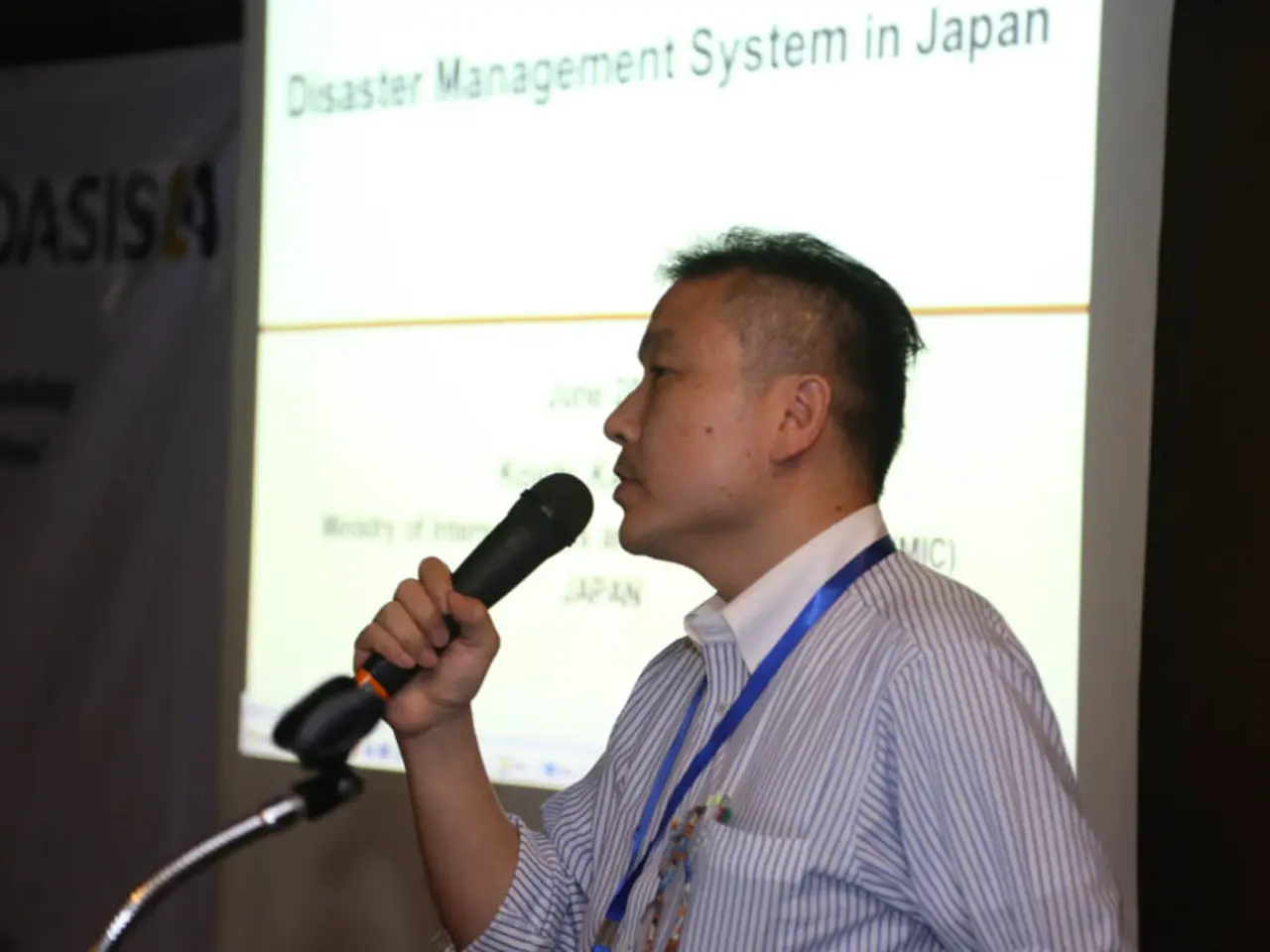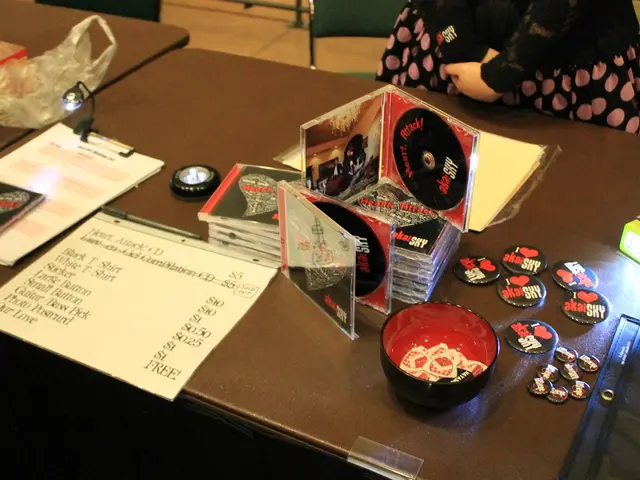Japan Reduces Dependence on China for Rare Earths: Examining How Japan Thwarts US and EU Through Independence in Rare Earths Production
Japan is taking significant strides to reduce its dependence on China for rare earth minerals, essential components in creating electric motors, wind turbines, data centers, and modern weapons systems. This move comes in response to China's dominance in the global production and processing of these minerals, controlling over 70% of global production and around 90% of processing.
The cooperation between Japan and the EU on private sector partnerships and regulatory facilitation in the rare earth sector is a testament to this effort. Japan has been actively investing in countries such as Australia and the United States to explore and develop new rare earth deposits.
One such deposit was discovered near the remote island of Minamitorishima, containing approximately 16 million tons of rare earths, including a significant amount of dysprosium. Japan's investments in foreign mines, such as the Australian company Lynas in Malaysia, further underscore this commitment.
However, Japan's dependence on China for rare earths was starkly highlighted when US President Donald Trump announced reciprocal tariffs, effectively enforcing a de facto export ban from China. China's response to Japan's growing independence was an unofficial export ban on rare earths, impacting 90% of Japan's imports of these minerals. This was a demonstration of China's ability to leverage its dominance in rare earth production to exert pressure.
The Senkaku Islands, a point of contention between Japan, China, and Taiwan, are strategically significant due to their location in the First Island Chain and economically due to rich fishing grounds and proven oil reserves. The Senkaku Islands dispute escalated in 2010, when a Chinese trawler ignored Japanese coast guard warnings and rammed two patrol boats near the Senkaku Islands, leading to the arrest of its 15-member crew. Despite this incident, other parts of the world did not take significant strategic steps to reduce their dependence on China for rare earths.
In response to China's export ban, Japan has formulated a Four-Pillar Plan that includes new suppliers, recycling, more efficient use of metals, and search for substitute materials. Companies like Hitachi are recovering neodymium and dysprosium from old electric motors for recycling, while Toyota is developing motors that require less or no rare earths, such as ferrite-based magnet-free electric motors.
Massive global investments in the exploration and development of new deposits, and particularly in diversification, are needed to reduce dependencies on China. As Japan continues its journey towards independence from China in rare earth production, it serves as a model for other nations seeking to secure their own supplies of these critical minerals.
Read also:
- Understanding Hemorrhagic Gastroenteritis: Key Facts
- Trump's Policies: Tariffs, AI, Surveillance, and Possible Martial Law
- Expanded Community Health Involvement by CK Birla Hospitals, Jaipur, Maintained Through Consistent Outreach Programs Across Rajasthan
- Abdominal Fat Accumulation: Causes and Strategies for Reduction







